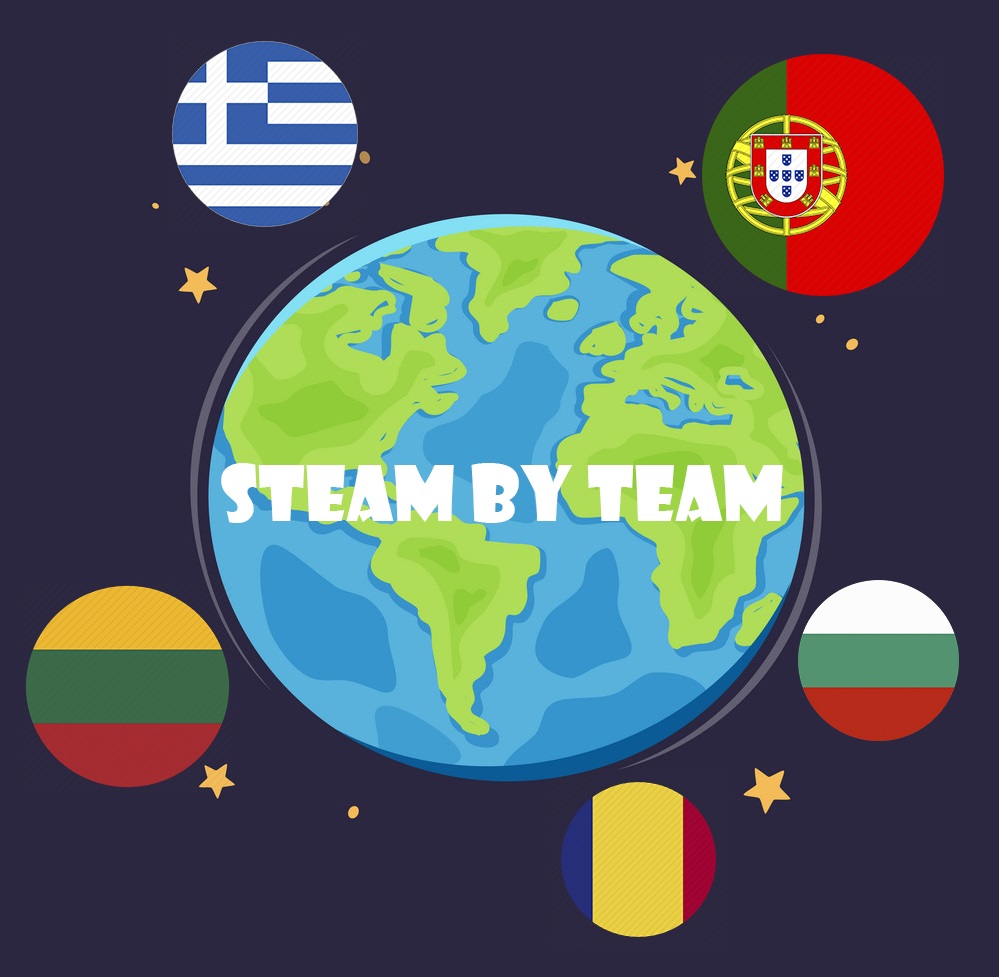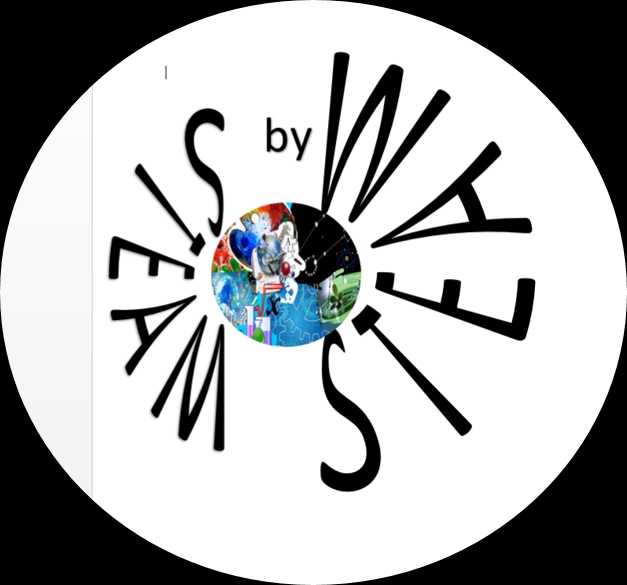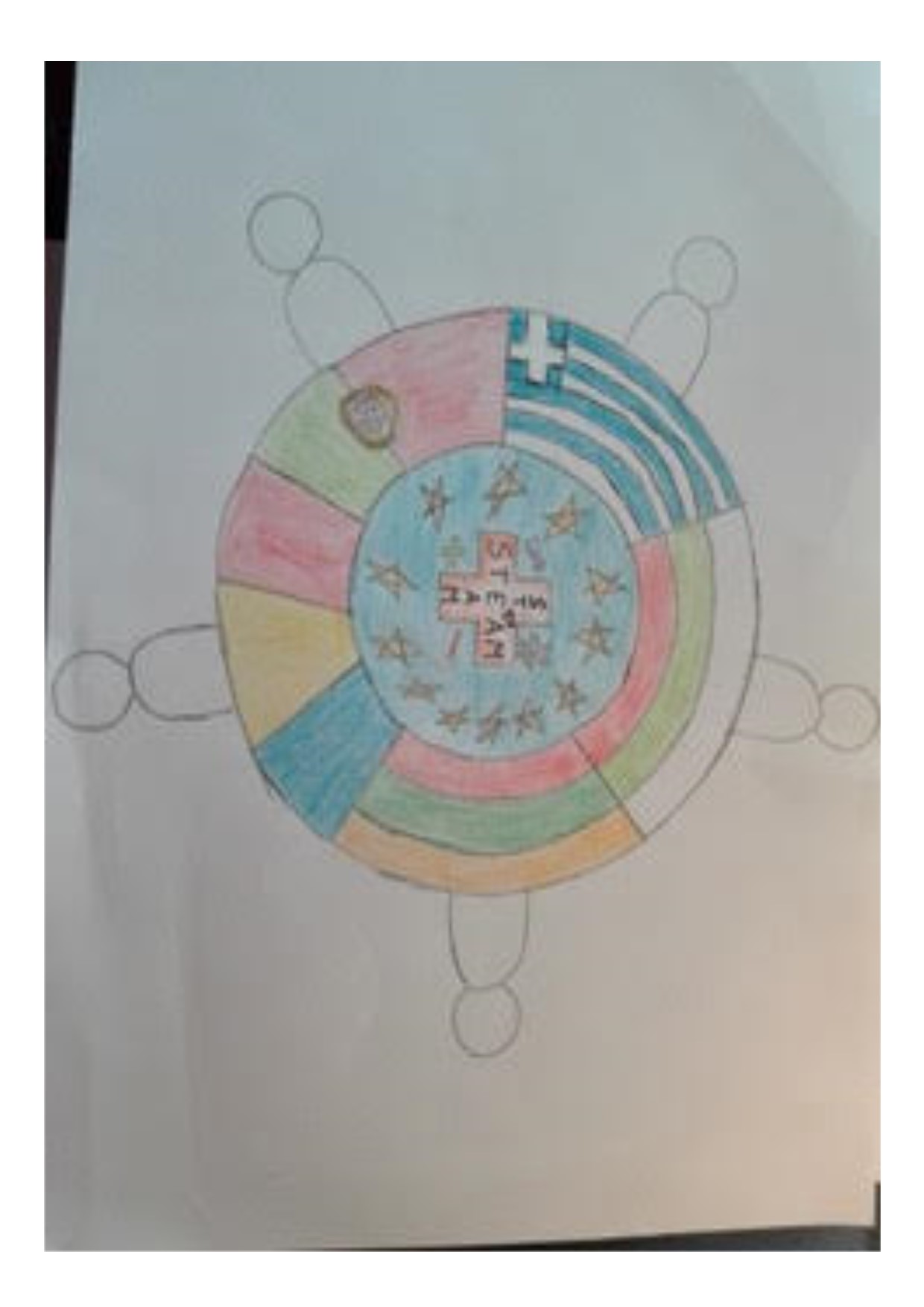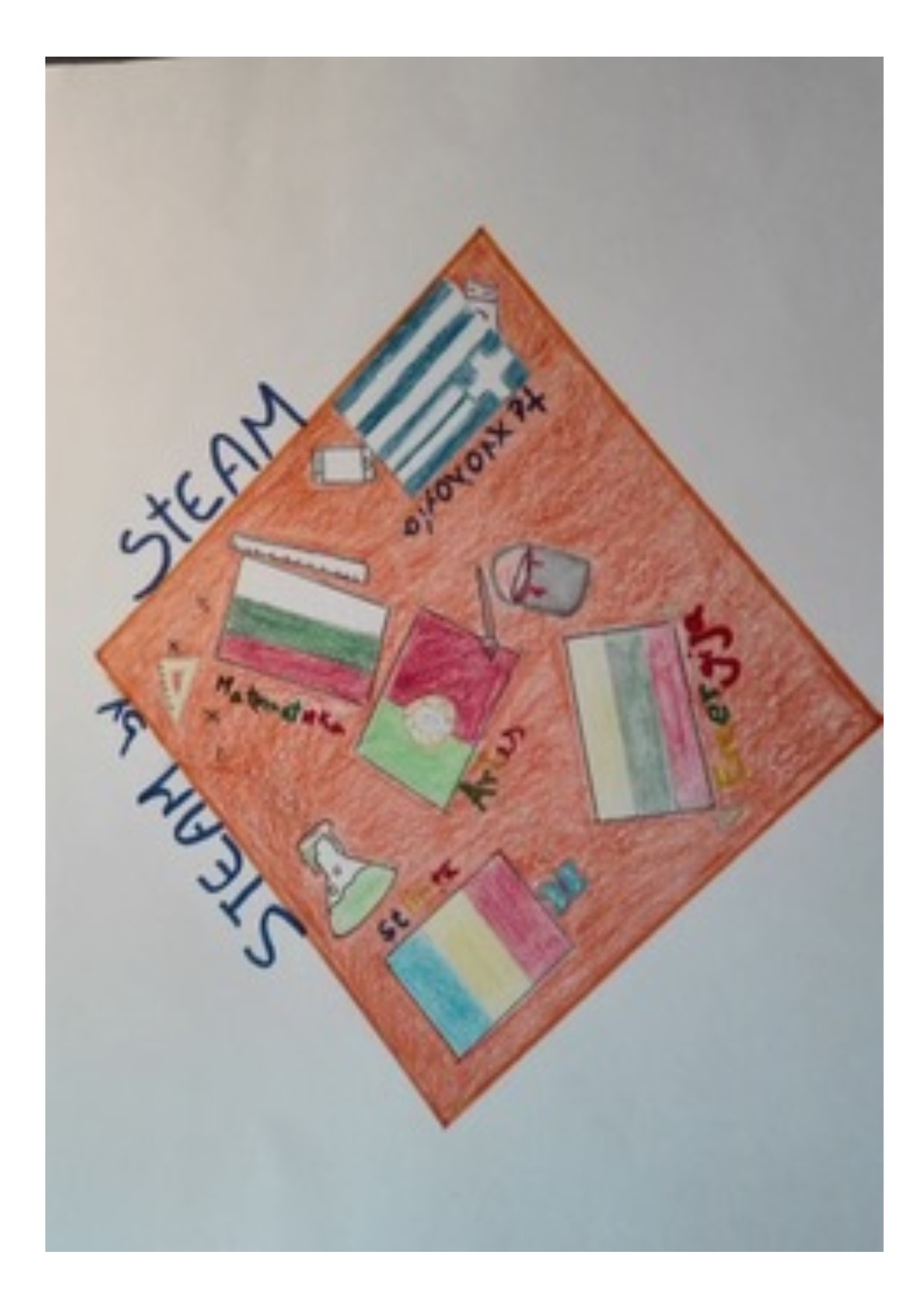The Erasmus+ KA201 project, called "Strategies for Teaching, Education And learning Motivation by STEAM (Science, Technology, Engineering, Art and Maths) approach", coordinated by Scoala Gimnaziala nr. 10 Suceava, with partners from Portugal, Lithuania, Greece and Bulgaria, started on 1st September 2019, and will last for two years.
The project meeting was organized by Agrupamento de Escolas Boa Água, in Quinta do Conde, Portugal, between 8h and 10th January 2020. There were three participants from each partner school, and the next steps of the project were discussed.
Thus, the project coordinator, Mrs. Rodica Zimbru, presented a summary of the project, and all the participants were informed about its aim and objectives, and jhow it will work, in order to achieve those objectives. The headmaster of the hosting school, Mr. Nuno Mantas introduced the school, to the participants, who joined some of the activities and got to understand the school management and how the educational activities are organized, for pupils' learning motivation, also participating into lessons which showed both Edulab and STEAM approaches in the Portuguese school. He has been initiating and approaching for several years a rather interesting strategy for educating children in school. The students are grouped on adjacent classes, for example the 5th to the 6th and the 7th to the 8th grade, forming inhomogeneous groups of 6-8 students from the two pairs of classes. Learning is based on projects, which are initiated by either students or teachers, who become facilitators rather than people who provide information, their role being to guide learning, to provide support to students where it is needed, thus having time to observe and evaluate the learning process, not just its results. What seems like an unorganized activity is, in fact, a way of learning in which the students themselves distribute tasks, look for information, carry out the project, which they then present in plenary, but not anyway, but in English.
The project meeting aimed to get to know the partners, to set up each school tasks and to establish a good cooperation between the schools involved.
During this activity, the partners introduced each country's educational system, the country's policy related to teaching pupils essential life skills and how STEAM is used and brings added value into the process of increasing pupils' learning motivation. They also focused on the evaluation system, interactive teaching/learning methods.
Their role is well defined: the headmaster got to know the way that institutional management was implemented into the partner schools, organizational culture, school schedule; the project coordinators designed the first step materials of the project: the leaflet's frame and content, the information/materials to be brought to the hosting schools to be added to the "Erasmus+ corner", such as: small flags, maps, photos with the partner schools, cultural items, pupils' work and artifacts. The third teacher in each partner school had the role of designing the first steps in implementing STEAM. They agreed on some specific methodological aspects of using STEAM in developing essential skills for pupils. Each school chose among the following life skills: learning to learn, decision making, problem solving, communication skills, critical thinking, leadership skills and started to focus on what type of STEAM activities could be designed to develop these skills.
Apart from this, the project meeting was an oportunity to get in touch with the hosting country's culture, history, traditions, this way, contributing to achieving one of the Erasmus+ objectives, that one refering to intercultural and good practice's exchanges.












